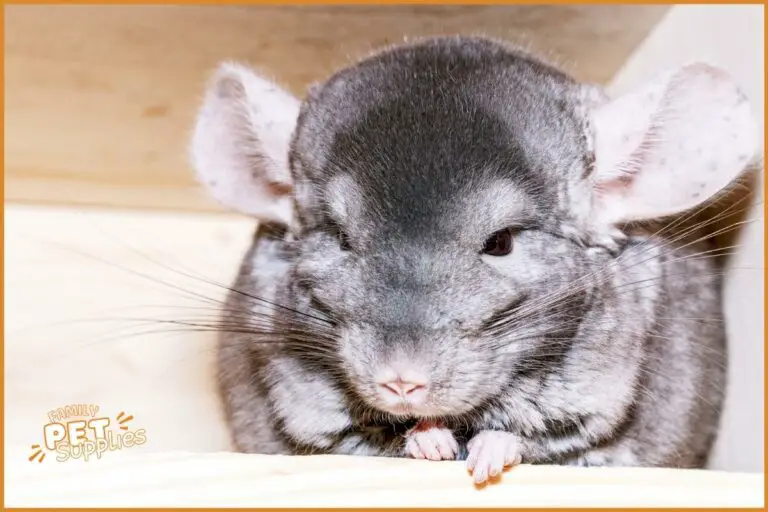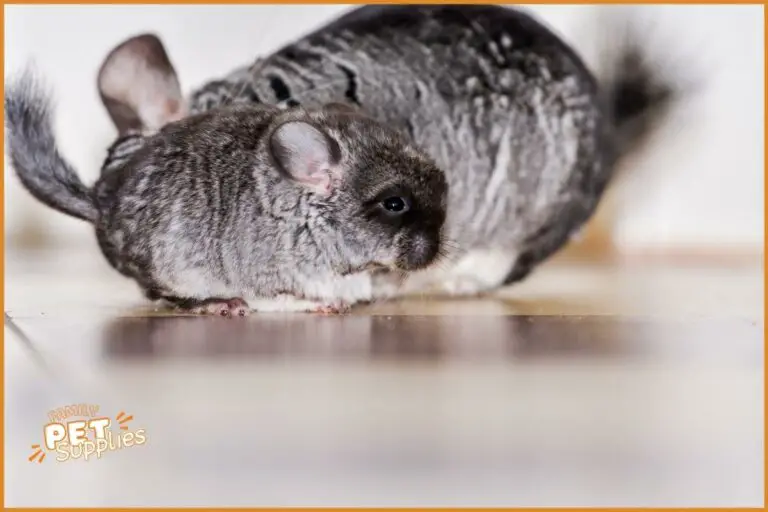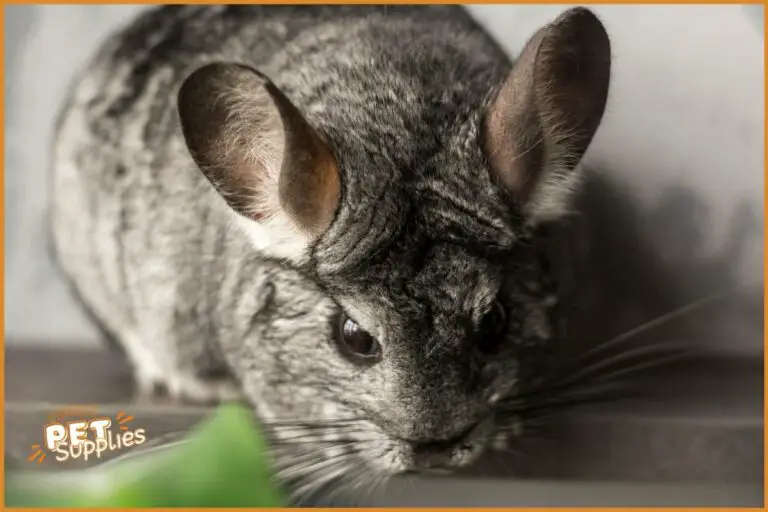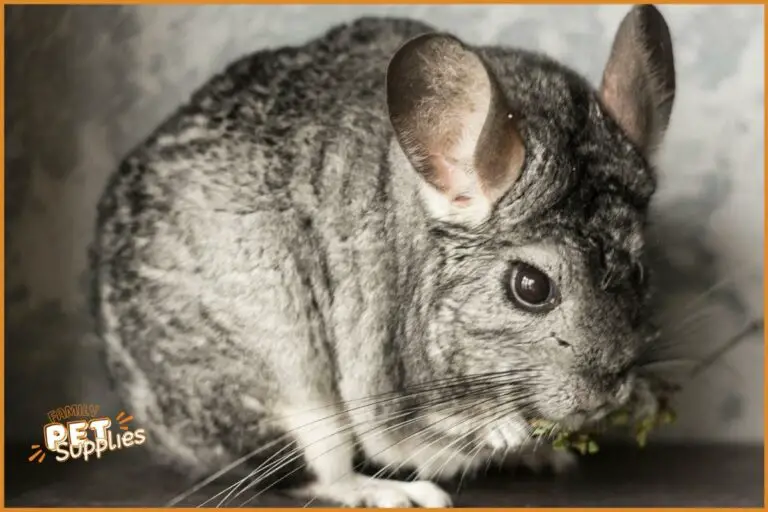Chinchillas are active, energetic pets that can live over 15 years with proper care. As prey animals, chinchillas are masters at hiding signs of illness or stress. Being aware of subtle changes in your pet’s behavior and appearance can help you identify health issues early on.
- Look for changes in eating habits – Chinchillas should eat frequently throughout the day and night. Loss of appetite or decreased eating can signal an underlying problem.
- Observe droppings – Healthy chinchilla droppings are firm and rod-shaped. Diarrhea, constipation, or abnormal stool could indicate digestive issues or infections.
- Check teeth – Overgrown, misaligned, or broken teeth prevent chinchillas from eating properly. Regular dental checks help spot problems.
- Notice discharge – Red, watery, or crusty discharge from eyes, nose, or ears points to infection or irritation.
- Feel for lumps – Gently run hands over body to check for lumps or swelling, which may be abscesses or tumors.
- Watch for limping – Lameness in a limb can have many causes, like injury, arthritis, or overgrown nails.
- Look for fur loss – Patches of missing fur or bald spots can arise from ringworm, mites, barbering, or other issues.
- Observe activity level – Lethargy, reduced playing, or lack of curiosity signals sickness or discomfort.
- Check breathing – Watch for labored breathing, wheezing, or coughing, which indicates respiratory trouble.
By staying vigilant to changes in your chinchilla’s condition, you can detect developing health problems early and get veterinary care to help your pet feel better soon. With attentive care, your chinchilla can lead an active, comfortable life.









